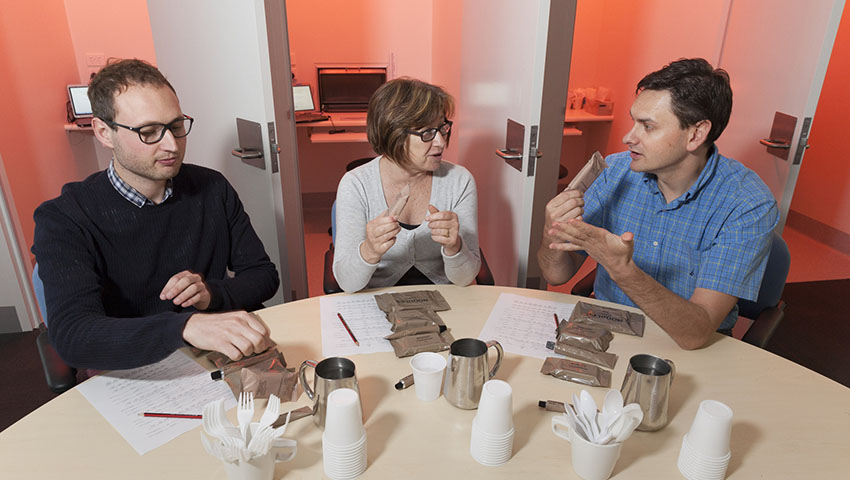DST scientists based at its Scottsdale site has developed a new eat-on-the-go, supplementary food bar for the ADF, with a focus on provision of adequate energy, micronutrients and gut health for deployed ADF personnel.
To continue reading the rest of this article, please log in.
Create free account to get unlimited news articles and more!
Optimal nutrition is essential for peak performance, and not getting enough energy and nutrients can lead to physical and cognitive deficits, adverse health problems and injury in the long term.
According to food technologist Jeanine De Diana, it’s common for Defence personnel to have a nutritional intake below their required needs during strenuous training schedules and courses.
"A common issue in the military, revealed by researchers around the world, is musculoskeletal injuries with one of the factors contributing to risk being poor nutrition, including not enough vitamin D and calcium," De Diana said.
Development of the supplementary bar is just the latest in over half a century of food research, nutrition advice and ration pack development at Scottsdale. For this project, the team has been collaborating with the University of Tasmania’s Centre of Food Innovation and the US Army Natick Soldier Research, Development and Engineering Center (NSRDEC).
De Diana explained that her role as a food technologist complements that of a nutritionist: "Nutritionists can explain the benefits of food types, whereas food technologists or scientists will create food recipes or specifications that deliver those benefits. If a nutritionist tells me ‘We need to add Vitamin D to a soldier’s diet’, I will create food items that contain Vitamin D and calcium. The nutritionist determines what the person needs, we know what ingredients can be added, and how."
As part of the development process, De Diana joined nutritionist colleagues Bianka Probert and Rosa Peterson to discuss what would be most beneficial to the soldiers. The resulting formulation includes extra Vitamin D and calcium for bone health, aiming to reduce stress fractures during training.
The bar has also been modified by DST in association with an Australian manufacturer to use ingredients available in Australia. The initial prototype reduces the proportion of rice crisps, removing the fructose, and adds Australian green banana flour as the main ingredient.
“Green banana flour is a type 2 resistant starch, shown to be high in fibre and beneficial for gut health. It releases energy a bit later as it goes thorough the gut," De Diana added.
Field evaluations were then conducted to measure aspects such as sensory acceptability, satiety, and menu and flavour fatigue. This included extended use of the bar, consuming it every day for up to 10 days. Trials with Defence personnel took place at several locations in natural training environments.
Evaluations with a broad range of user groups are ongoing, with the results being used to verify suitability and functionality of the bar and to guide refinement of the formulation. Future research will investigate how dietary supplementation with resistant starch, probiotics and micronutrients affects physical and cognitive performance.

 Login
Login







